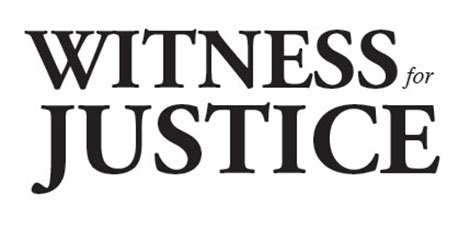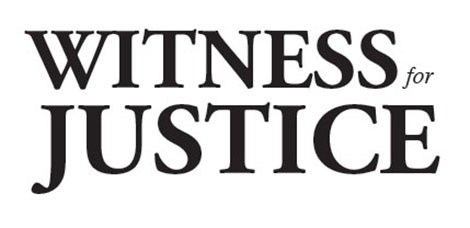Commentary: Black History Month: Why it still matters.
Black History Month has come around once more. It was officially recognized in 1976 by President Ford during a bicentennial celebration in which he urged all Americans to take the time to learn of the many contributions Black people offered to the strength and progress of this country.
 This is a time to remember our collective gifts and to recommit to speaking of our triumphs. Growing up during the racial turbulence of the 1960s, and Black liberation movement of the 1970s, I can remember the joy and esteem expressed by members of my family as federal and state laws were being challenged and changed for the betterment of Black lives. “Black power!” was shouted with pride as folk began telling our stories.
This is a time to remember our collective gifts and to recommit to speaking of our triumphs. Growing up during the racial turbulence of the 1960s, and Black liberation movement of the 1970s, I can remember the joy and esteem expressed by members of my family as federal and state laws were being challenged and changed for the betterment of Black lives. “Black power!” was shouted with pride as folk began telling our stories.
That theme and phrase permeated music, movies, and magazine covers. It was something felt in Black barber and beauty shops, as well as Black churches. Some Blacks began traveling to Africa as a way to learn of and connect to our collective heritage. Even more began wearing African tribal inspired clothing. Black women and men began sporting afros, also known as “naturals.” Back then, Black pride was electrifying! Frankly, it was so palpable you could feel it in the air walking down the streets in our communities.
At that same time Roots: The Saga of an American Family was written by Alex Haley and adapted as a miniseries for television in 1977. This was significant in many ways. It actually broke many television records for viewership and it reminded us why representation in popular culture matters. No longer were we simply a people whose North American enslavement had defined them. We were more than dark skinned, we were beautiful. This was an amazing period in time. Black people had embraced that we were somebody!
Our tradition of celebrating the accomplishment of the Black community during a single month does not come without criticism. Some question whether it would be more befitting to integrate the successes of Black leaders into our mainstream educational system throughout the year. Others believe that this approach simplifies complex historical realities. Regardless of how the contributions of Black people are uplifted, these stories must be told.
To that end, the General Assembly (GA) of the United Nations has declared 2015-2024 to be the International Decade for People of African Descent. In proclaiming this Decade, the international community is recognizing “that people of African descent represent a distinct group whose human rights must be promoted and protected.”
Even Disney-Marvel seems to be exploring this concept with their newest release of a superhero blockbuster movie rooted in black culture. “Black Panther” is an amazingly powerful film. Truth be told, I’m still a little surprised that Hollywood supported such a project. But I think its import cannot be overstated in a time when people might question whether Black History Month is still relevant or necessary.
There is an African proverb that states, “If the lions do not write their own history, then the hunters will get all the credit.” Simply stated, it is important for Black people to tell our truths, our stories, our histories. We can never forget.
Rev. Dr. Bentley de Bardelaben is the Executive Associate for Justice and Local Church Ministries of the United Church of Christ.
View this and other columns on the UCC’s Witness for Justice page.
Donate to support Witness for Justice.
Click here to download the bulletin insert.
Related News
Overworked, Overwhelmed, and Underpaid
It is overwhelming to be a human right now, and especially, a policy advocate with moral...
Read More“I am thirsty”
Last March, when a child who was stuck under the rubble of a collapsed building in Gaza saw...
Read MoreSpringing Forward
Spring is in bloom in my neighborhood. Trees are budding. Flowers are starting to blossom. The...
Read More

